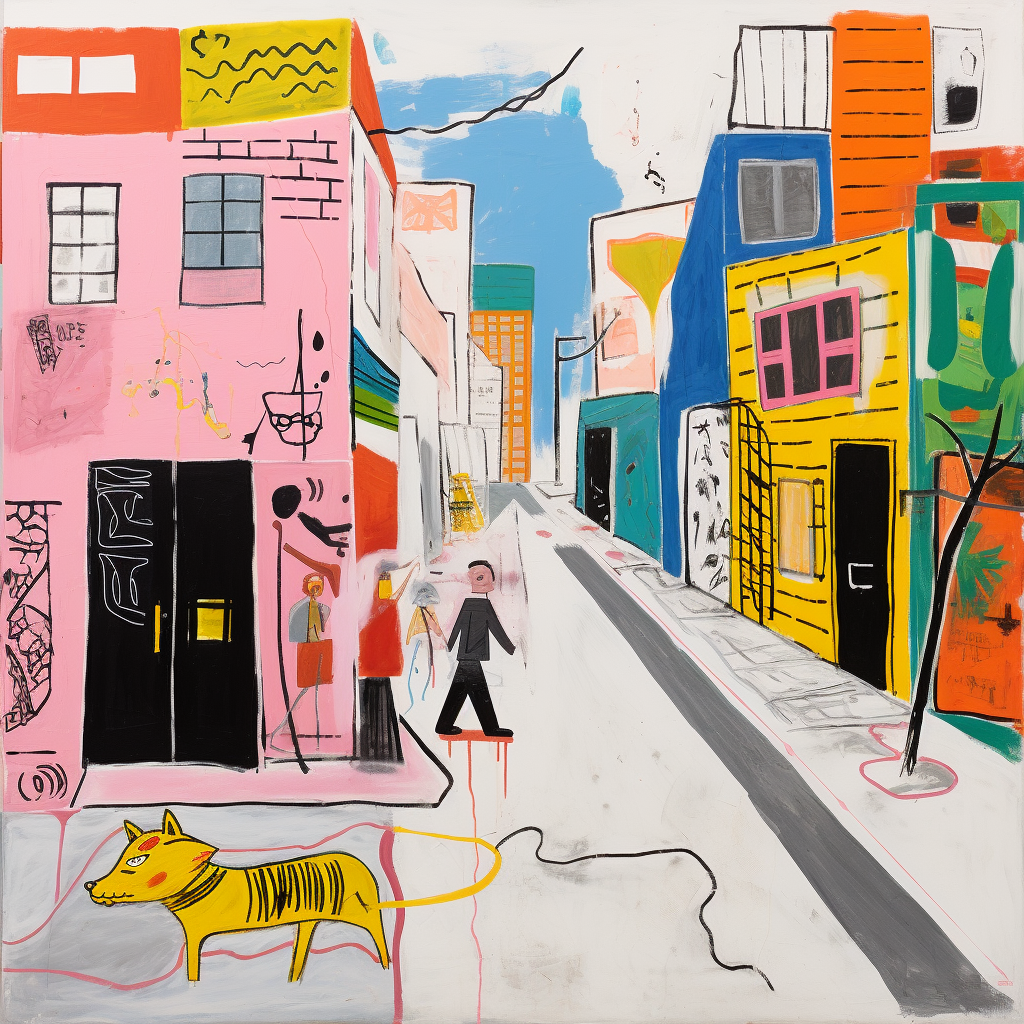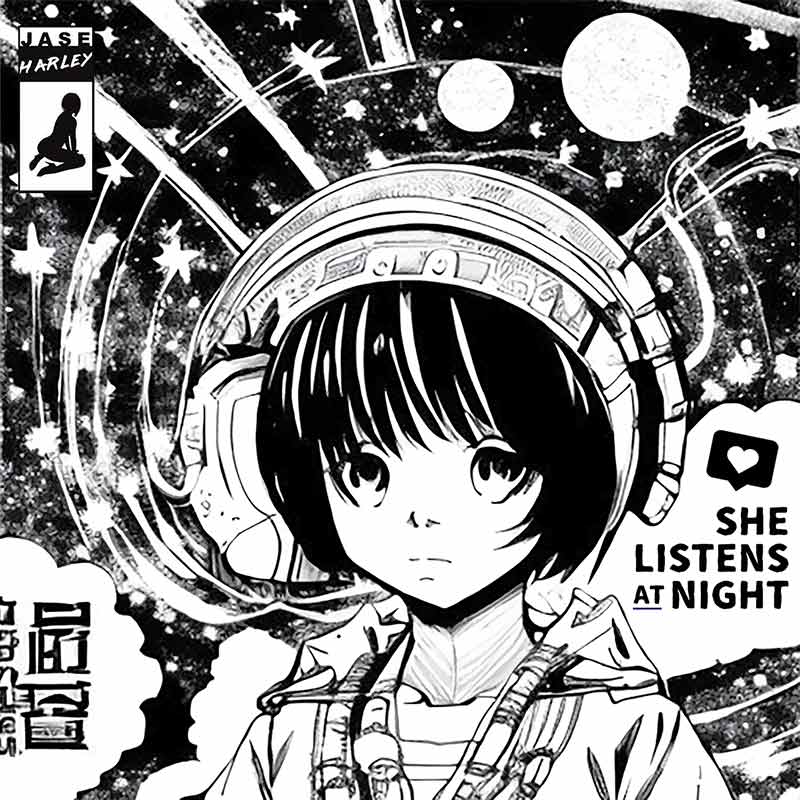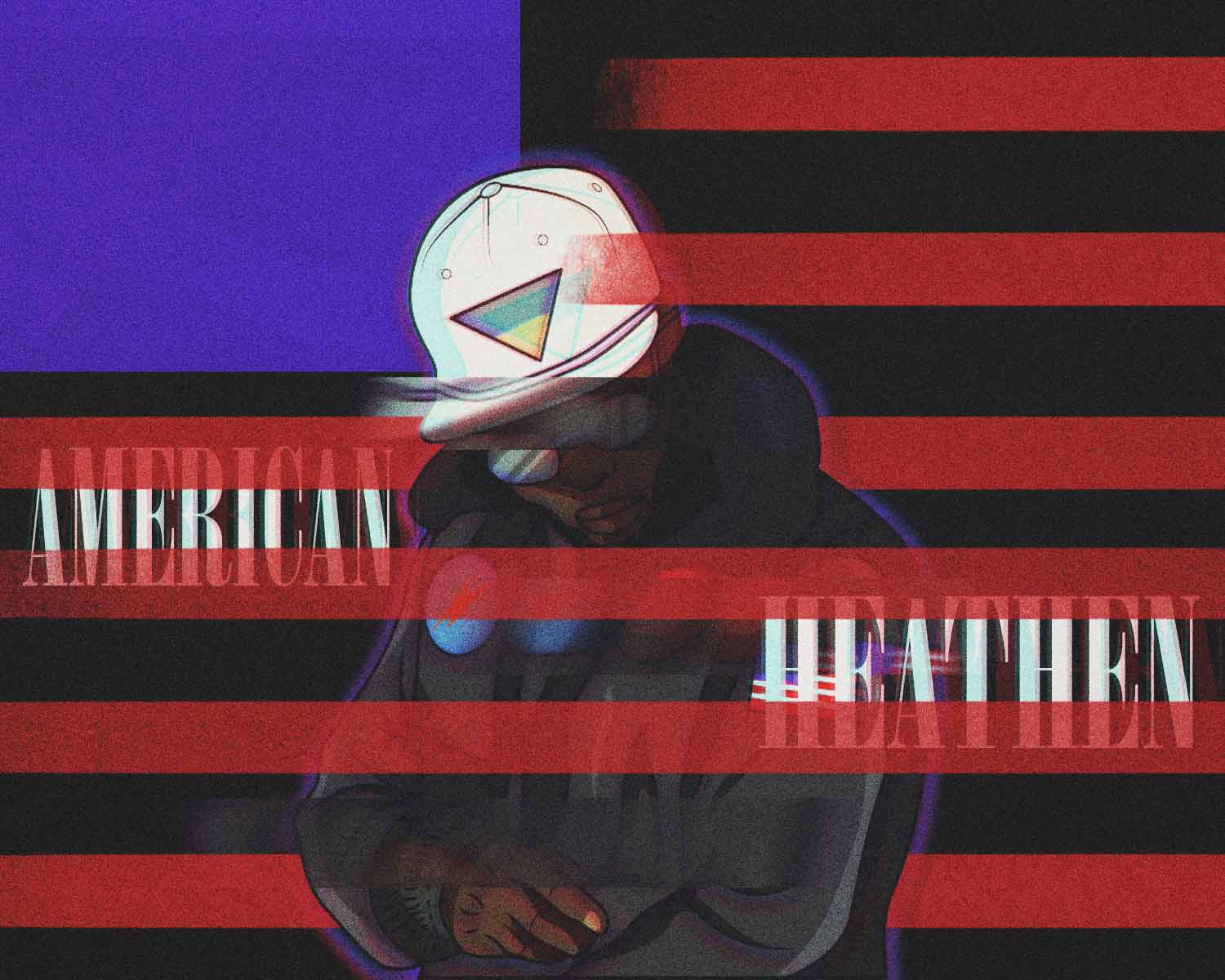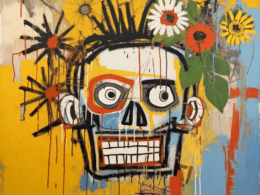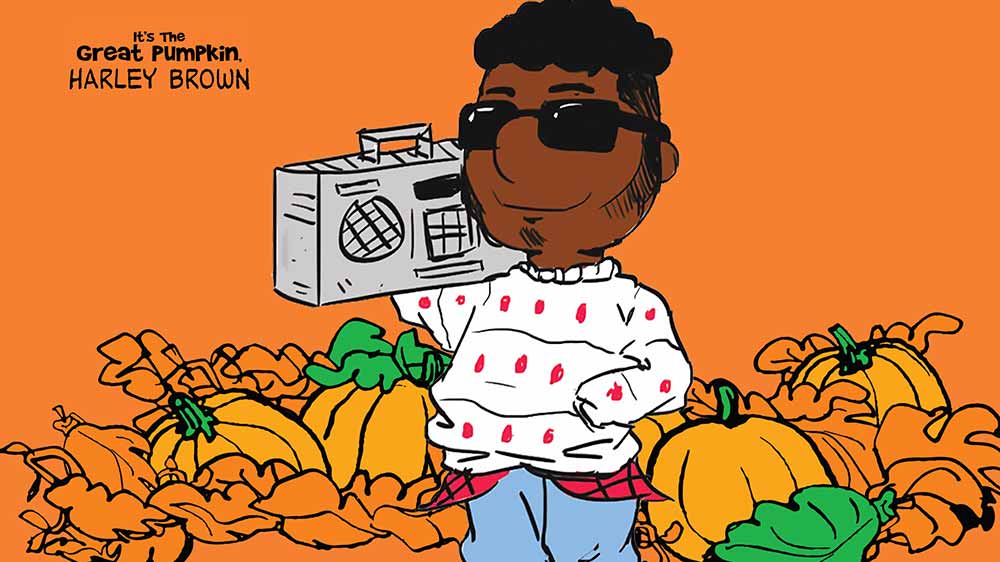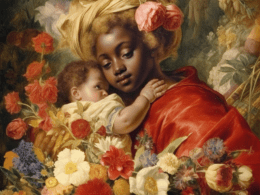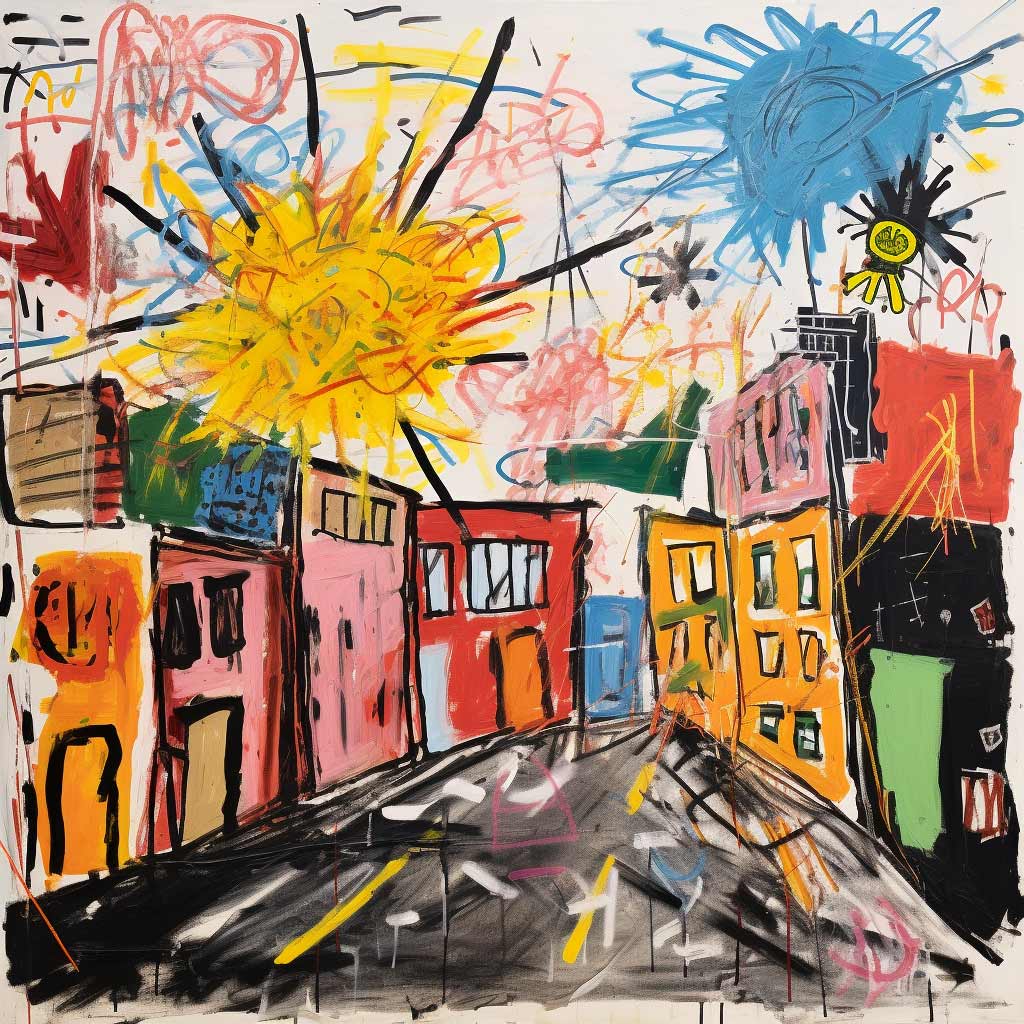
In history, few events have reshaped our perception of time as dramatically as the shift of New Year’s Day to January 1st, a change that unfolded in 1752 and forever altered the rhythm of our lives. For the modern socialite, accustomed to the glittering countdowns and champagne toasts marking the start of each January, it might come as a surprise that this date was not always synonymous with the new year.
Rewind to a time before this seismic shift. In many parts of the world, the new year began in spring, specifically on March 25th. This choice was far from arbitrary; spring symbolizes rebirth and renewal, themes naturally resonant with the concept of a new year. However, this alignment was set to change under the influence of the Gregorian calendar, introduced by Pope Gregory XIII in 1582. This new calendar, more accurate than the Julian calendar established by Julius Caesar in 45 BC, was designed to correct the drift in seasonal alignment.
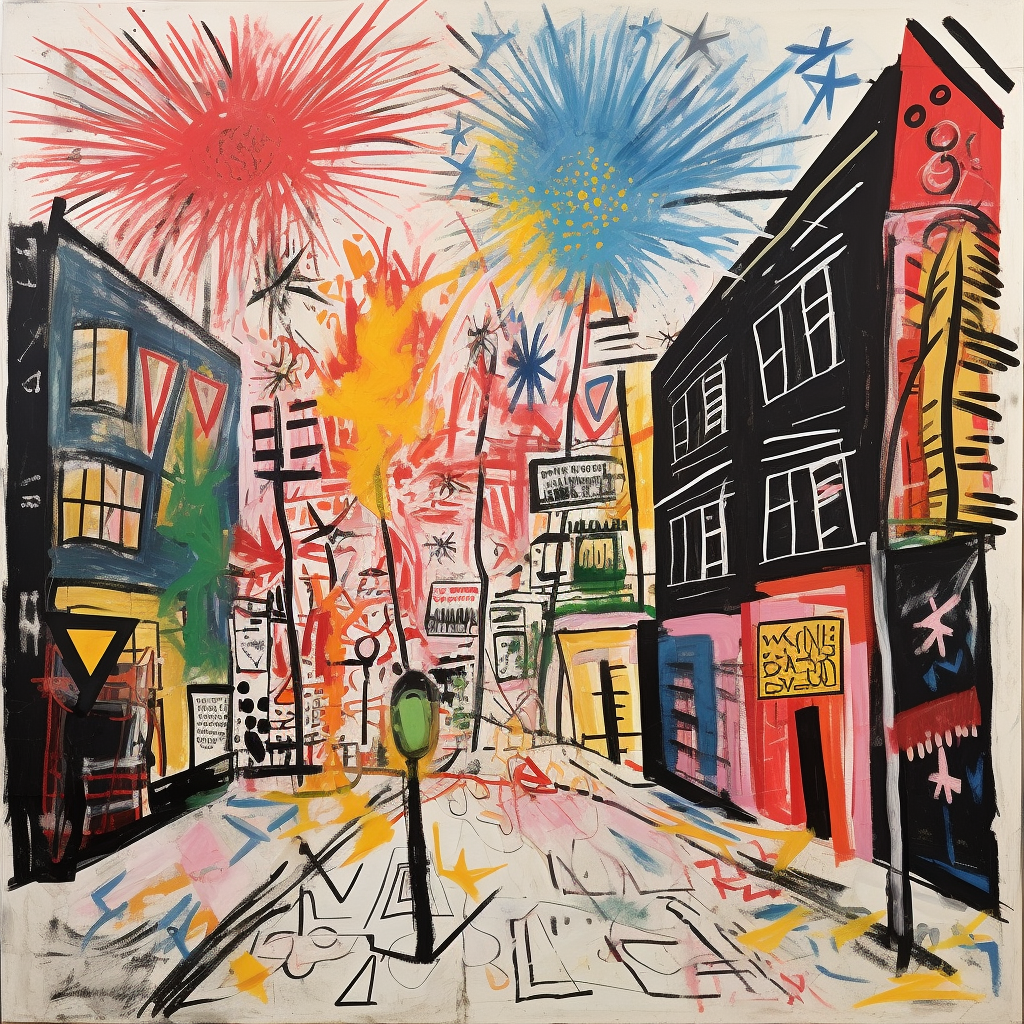
Yet, the adoption of the Gregorian calendar was not immediate, especially in Britain and its colonies, where the Julian calendar continued to hold sway. It wasn’t until 1752 that Britain, embracing modernity and accuracy, adopted the Gregorian calendar. This shift necessitated a realignment of dates, and thus, New Year’s Day was moved from the vernal equinox in late March to January 1st.
Imagine the confusion and adjustment this change must have caused. People went to sleep on the evening of December 31st, 1751, and awoke not just to a new day but to a new year, a new date system, and a new way of marking time. This change was more than just a technical adjustment; it was a cultural and social transformation. The first day of January, previously just another winter day, was suddenly imbued with significance, becoming a symbol of new beginnings and fresh starts.
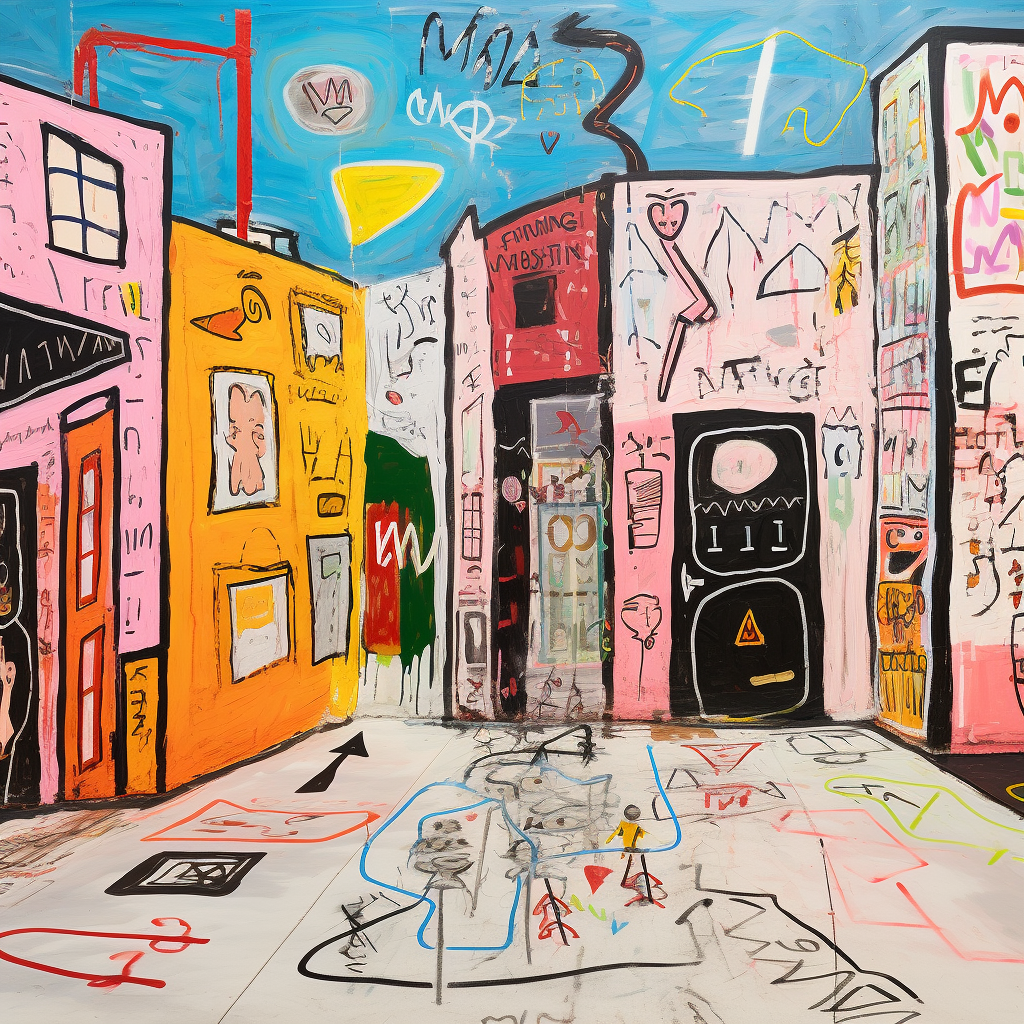
For today’s urban dwellers, steeped in a world where time is meticulously measured and celebrated, the story of New Year’s Day’s migration to January 1st is a fascinating glimpse into how our ancestors grappled with the concept of time. It reminds us that the rhythms of our lives, so often taken for granted, are the product of centuries of evolution, shaped by decisions, debates, and the relentless march of progress.
As we raise our glasses each January 1st, amidst the fireworks and fanfare, we’re not just celebrating the start of a new year. We’re participating in a tradition that connects us to generations past, a tradition that has weathered the test of time and emerged as a cornerstone of our collective experience. In this light, New Year’s Day is more than a date; it’s a testament to humanity’s enduring quest to understand and organize the passage of time.
